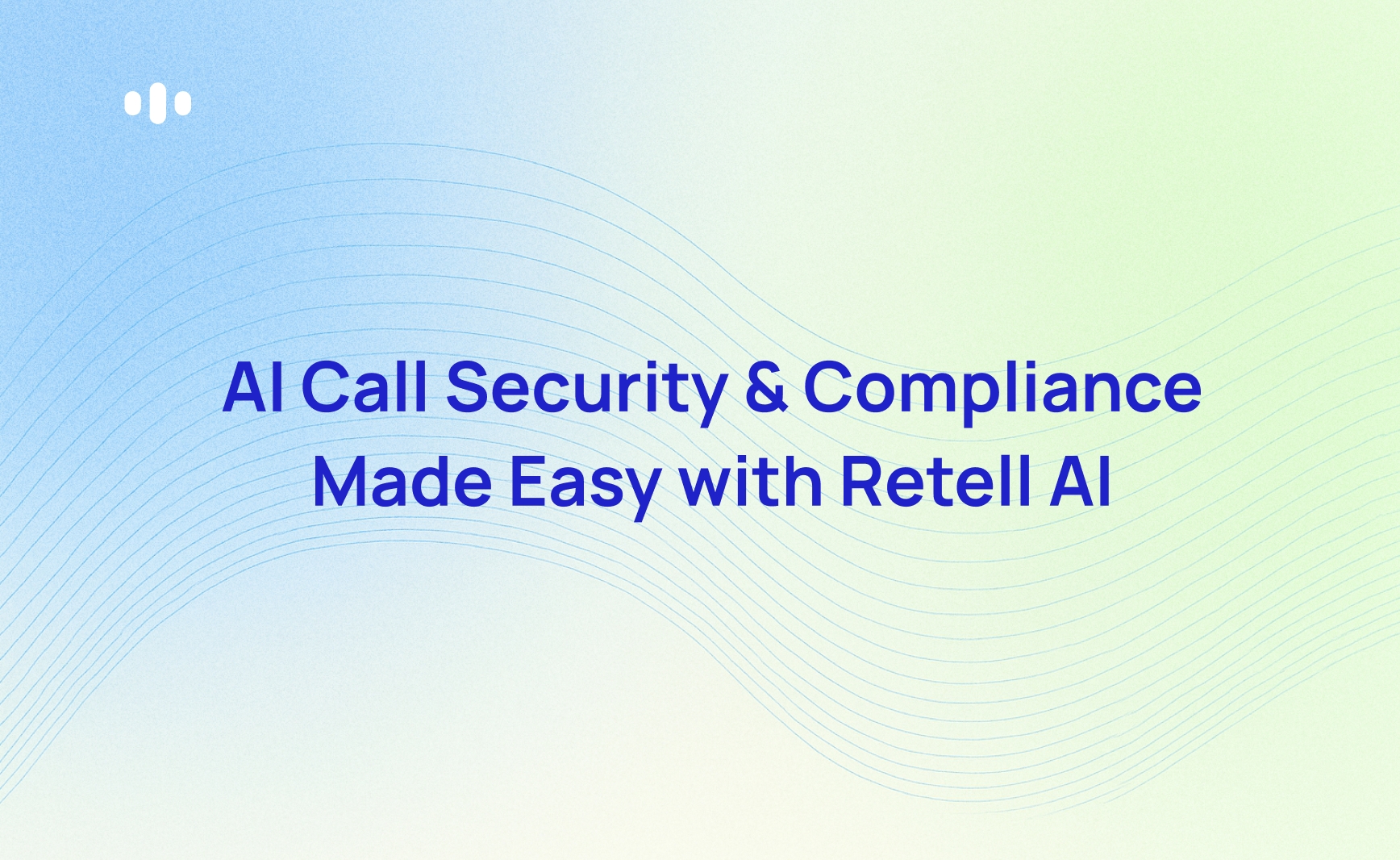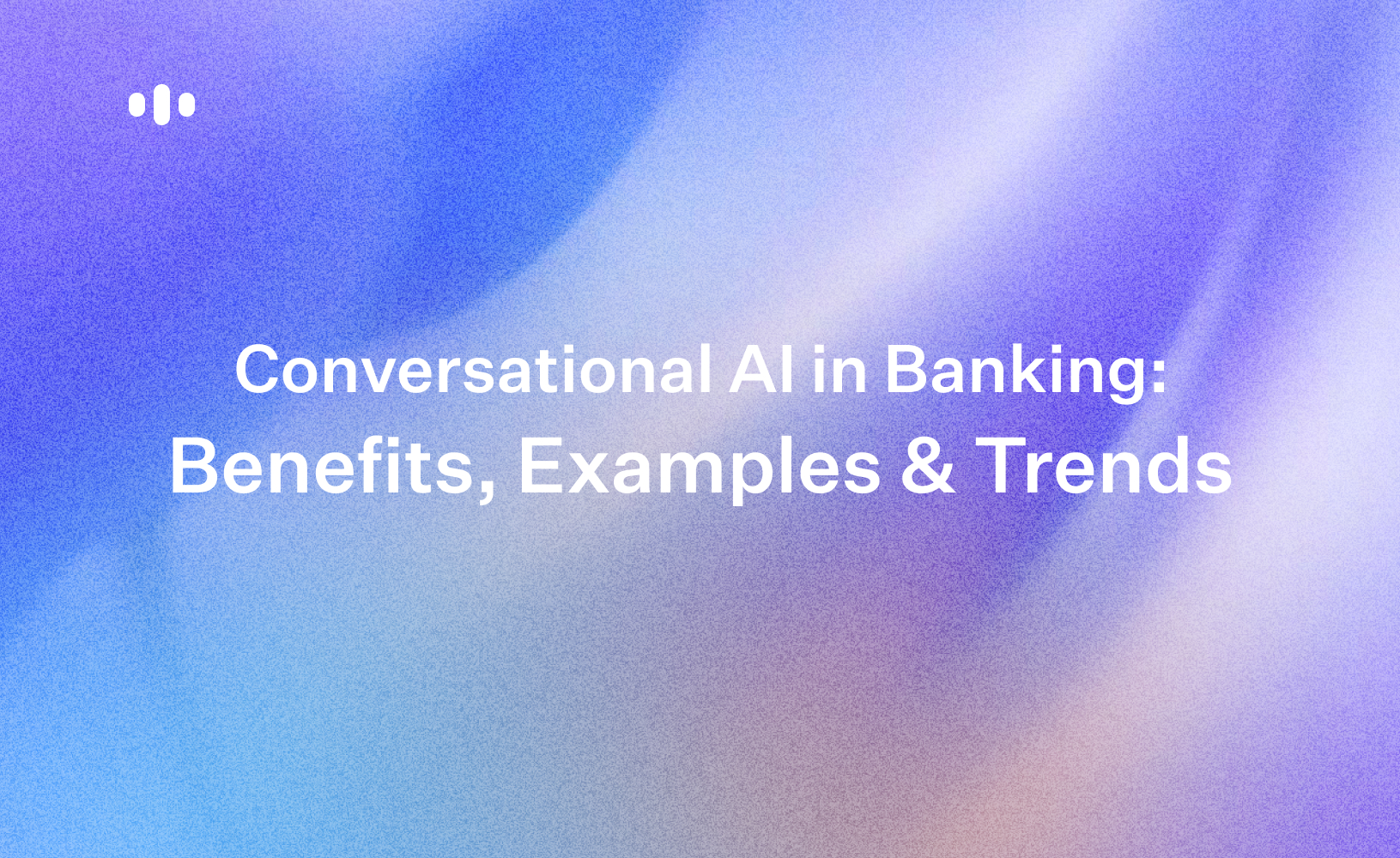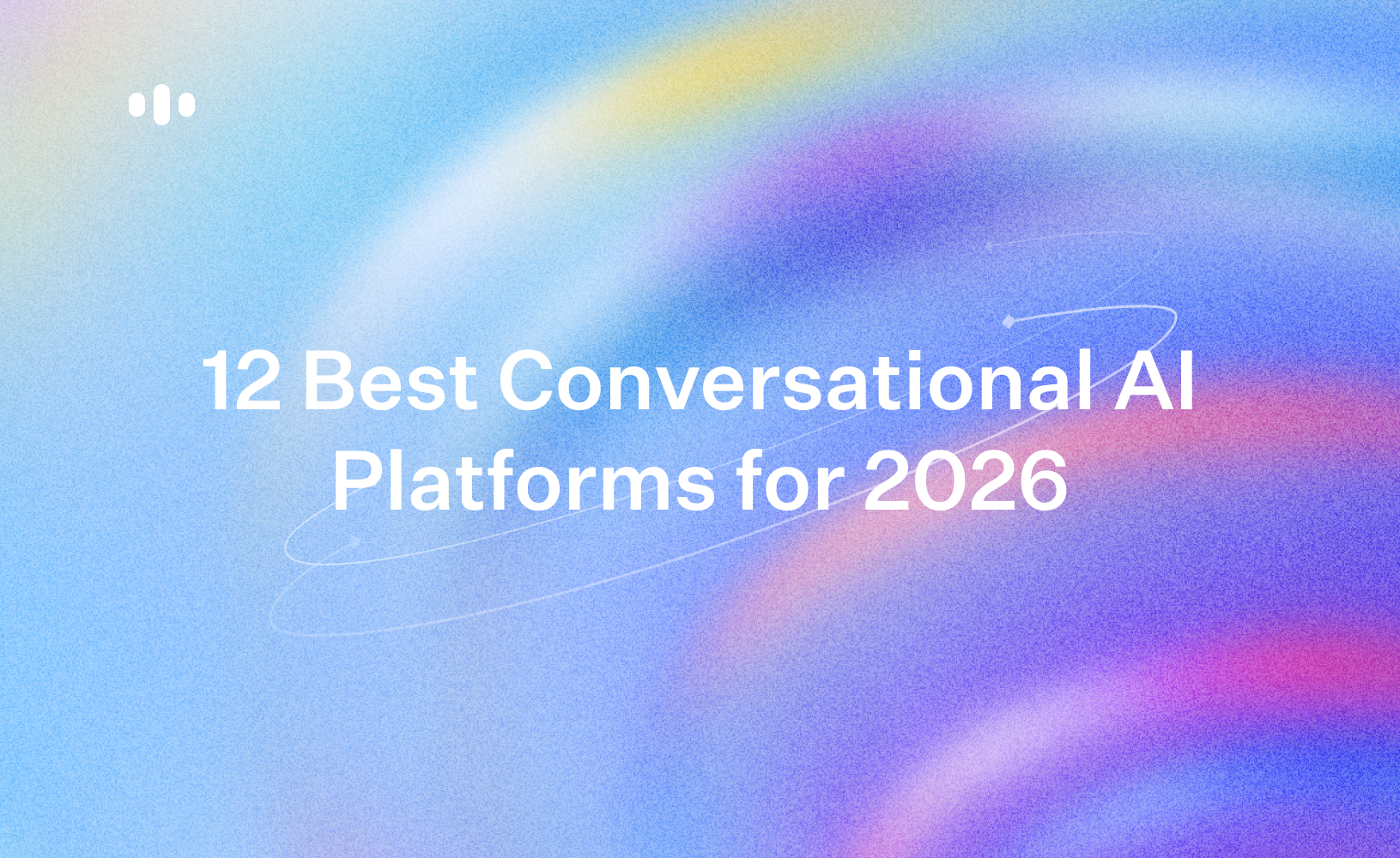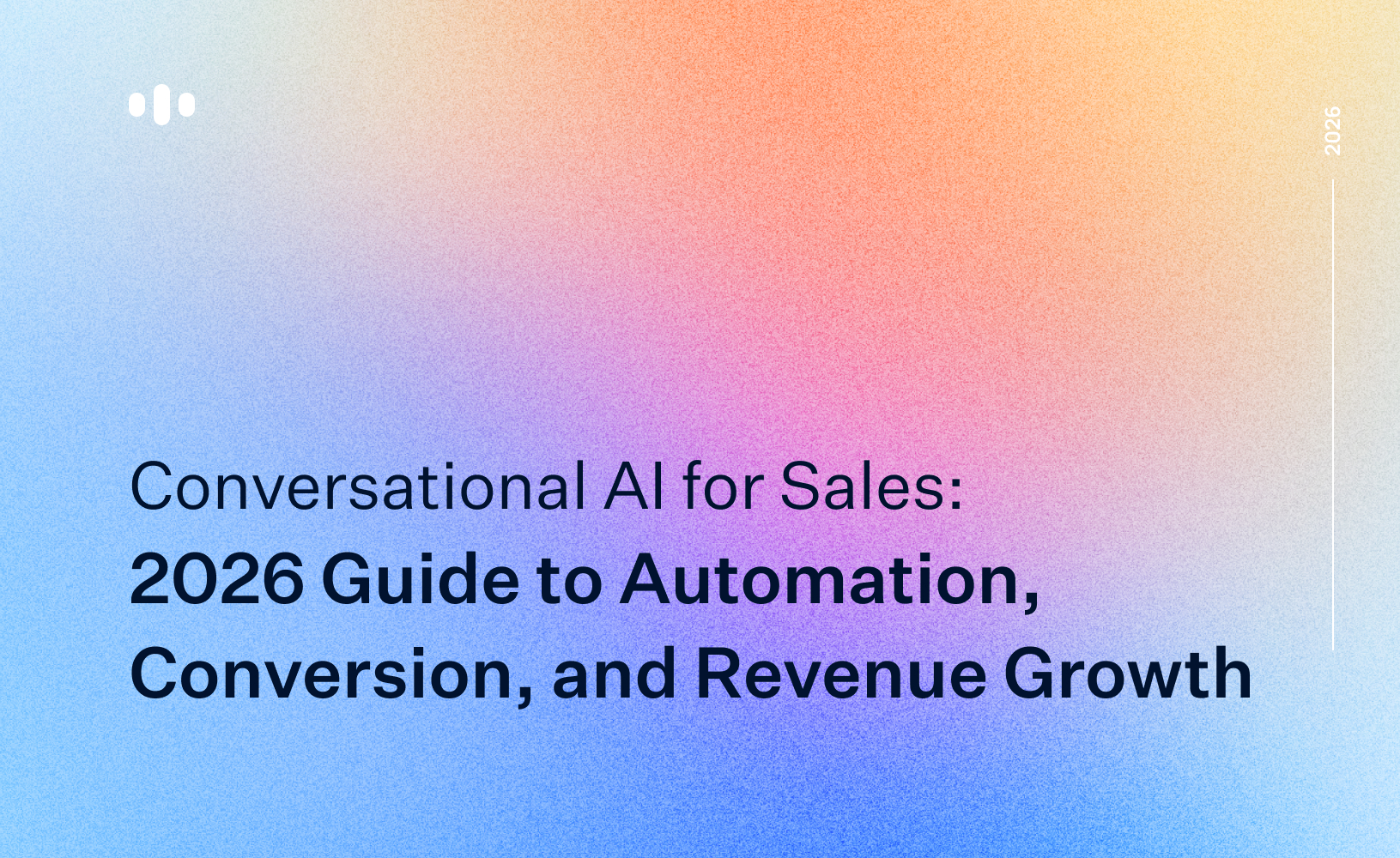See how much your business could save by switching to AI-powered voice agents.
ROI Result
Total Human Agent Cost
AI Agent Cost
Estimated Savings
Deployment Options for Maximum Security Control
Enterprise security requirements vary significantly across industries, regulations, and internal policies. A one-size-fits-all deployment approach inevitably creates security compromises. Organizations need flexible implementation options that maintain security standards while accommodating their unique infrastructure requirements. Retell accommodates these diverse needs with flexible deployment options that allow security and IT teams to maintain their established protocols while benefiting from AI voice automation:
Cloud Deployment
- Fully managed SaaS implementation
- Instant scalability
- Automatic updates and patches
- No infrastructure management
Virtual Private Cloud (VPC)
- Dedicated cloud instance
- Customer-controlled network parameters
- Enhanced isolation
- Custom security configurations
On-Premises
- Complete data sovereignty
- Integration with existing security infrastructure
- Air-gapped operation capability
- Custom compliance implementations
Each option maintains Retell's core security features while allowing security and IT teams to uphold their established protocols. The platform also supports Bring Your Own Carrier (BYOC) capability with Twilio, Vonage, and other SIP providers with zero surcharge for using your own SIP infrastructure.
Multilingual Security For Global Enterprise Coverage
Enterprise security requirements don't stop at language boundaries. As operations expand globally, voice security must scale across languages while maintaining consistent protection standards. This creates unique challenges around localization, compliance variations, and cultural factors that impact security measures.
By 2025, 75% of enterprise tools will embed AI capabilities, with voice AI being transformational in customer interactions, according to Gartner [4]. While this prediction originally referred to analytics content by 2027, the trend toward AI embedding in enterprise systems is clear. For multinational enterprises, this means secure voice automation must work in every market.
Retell's security architecture extends across 31+ languages with native-quality voice, significantly exceeding industry standards. Their platform features automatic language detection for 10 key languages (English, Spanish, French, German, Hindi, Russian, Portuguese, Japanese, Italian, Dutch) while maintaining security protocols across all supported languages.
See how Sunshine Loans used Retell AI to successfully launch global operations that handle over 700,000 applications monthly while reducing call abandonment rates →
Custom Security Policies For Enterprise-Specific Protection
Enterprise security requirements are rarely generic. Each organization has unique security needs shaped by their industry, regulatory environment, and internal policies. Voice AI systems must adapt to these specific requirements without compromising functionality or requiring complex reconfiguration.
Every enterprise has unique security requirements based on their industry, customers, and internal policies. Retell's platform allows for customized security configurations:
- Tailored redaction rules for industry-specific sensitive information
- Custom authentication workflows that match existing security protocols
- Specialized compliance reporting for unique regulatory environments
- Security policy inheritance from existing enterprise frameworks
This customization capability ensures that security configurations match exact organizational requirements without compromise. Retell's approach allows security leaders to maintain their established standards while gaining the efficiencies of AI voice automation.
The Security Evolution Roadmap
Security is never static, particularly in rapidly evolving areas like AI voice systems. Enterprise decision-makers need to evaluate not just current security capabilities but how platforms will adapt to emerging threats. A strategic roadmap that anticipates security evolution is as important as current protections.
The security landscape for AI voice agents evolves rapidly. Organizations with Chief AI Officers see 10% greater ROI on AI spend, according to IBM research [5], largely because they maintain strategic oversight of security evolution and implementation effectiveness.
Retell's security roadmap includes:
- Continuous threat modeling and penetration testing
- Regular security updates based on emerging threats
- Compliance monitoring for regulatory changes
This forward-looking approach ensures that enterprise security investments in voice AI remain effective as threats evolve and new vulnerabilities emerge.
Making the Shift to Secure AI Calling
Implementing secure AI voice systems requires a structured approach that minimizes risk while maximizing adoption. Organizations that attempt to deploy these systems without proper planning often face security gaps, integration challenges, and user resistance. A methodical implementation strategy balances security requirements with operational needs.
The path to enterprise-grade secure AI calling requires thoughtful planning:
- Assessment: Evaluate current call security posture and gaps
- Strategy: Develop integrated voice security approach
- Pilot: Test secure AI voice agents in controlled environments
- Scale: Methodically expand deployment with continuous monitoring
- Optimize: Refine security parameters based on operational data
This methodical approach aligns with enterprise expectations for careful implementation of mission-critical systems. Retell supports this process with enterprise onboarding that includes dedicated meetings, prompt engineering support, and private Slack channel access for seamless implementation.
Security as a Competitive Advantage
As AI voice agents become standard in enterprise communications, security is the differentiator. Organizations that implement secure AI calling gain customer trust, operational efficiency, and regulatory confidence simultaneously.
Retell's enterprise-grade security framework transforms AI calling from a potential vulnerability into a competitive advantage, delivering the performance enterprises need with the protection they require. With documented outcomes including real ROI within 90 days across enterprise deployments and sub-1 second turn latency on live customer calls, Retell demonstrates that security and performance can advance together.
Ready to explore how secure AI voice agents can transform your call operations?
Schedule a security-focused demo with our solutions team to see reliable enterprise-grade protection in action today.
FAQs
What makes Retell AI voice agents secure for enterprise calling?
Retell AI is built on a secure, enterprise-grade infrastructure with SOC 2 Type II certification, end-to-end encryption, and multi-tenant data isolation. Combined with HIPAA, PCI, and GDPR compliance, it’s designed to meet the strictest data security and regulatory standards required by global enterprises.
Is Retell AI compliant with industry regulations like HIPAA or PCI?
Yes. Retell AI is fully compliant with HIPAA for healthcare, PCI for payment processing, and GDPR for European data protection. It also includes TCPA-safe dial pacing for compliant outbound calling, making it suitable for use in highly regulated industries.
How does Retell AI handle sensitive customer information?
All data transmitted during AI calls is encrypted in transit and at rest. Retell also offers granular access controls, audit logs, and real-time monitoring to ensure that customer information remains secure, auditable, and protected from unauthorized access.
What’s the difference between Retell AI and legacy IVR systems?
Unlike rigid IVR trees, Retell AI uses conversational AI to understand intent, respond naturally, and provide instant resolutions. It reduces friction, eliminates manual data handling, and offers real-time security and compliance without compromising speed or user experience.
Can Retell AI be deployed on-premises or in a private cloud?
Yes. Enterprises can choose between cloud, VPC, or on-prem deployment options. This flexibility helps teams meet internal IT requirements and compliance needs—especially in sensitive sectors like healthcare, finance, and government.
Does Retell AI integrate with our existing systems?
Absolutely. Retell supports native CRM integrations (Salesforce, HubSpot, Zendesk), RESTful APIs, and secure webhook configurations for real-time data sync, event triggers, and custom workflow automations—without compromising security.
How does Retell AI prevent non-compliant calls?
Retell includes built-in TCPA safeguards, custom opt-out logic, and permission-based data handling. These features reduce risk when running outbound campaigns, ensuring compliance is maintained across every conversation.
Source Citations
[1] STACK Cybersecurity. (2025). The Hidden Costs of Generative AI.
[2] Pindrop. (2025). 2025 Voice Intelligence & Security Report.
[3] PreCallAI. (2025). Voice AI Reliability: 99.9% Uptime Guaranteed.
[4] Economy Middle East. (2025). 75% of Analytics Content to Use GenAI by 2027.
[5] IBM. (2025). How Chief AI Officers Deliver AI ROI.
[6] AnyReach.ai. (2025). Human-in-the-Loop in Agentic AI.
[7] Aalpha. (2025). How to Build an AI Agent for Customer Support.
A Demo Phone Number From Retell Clinic Office



